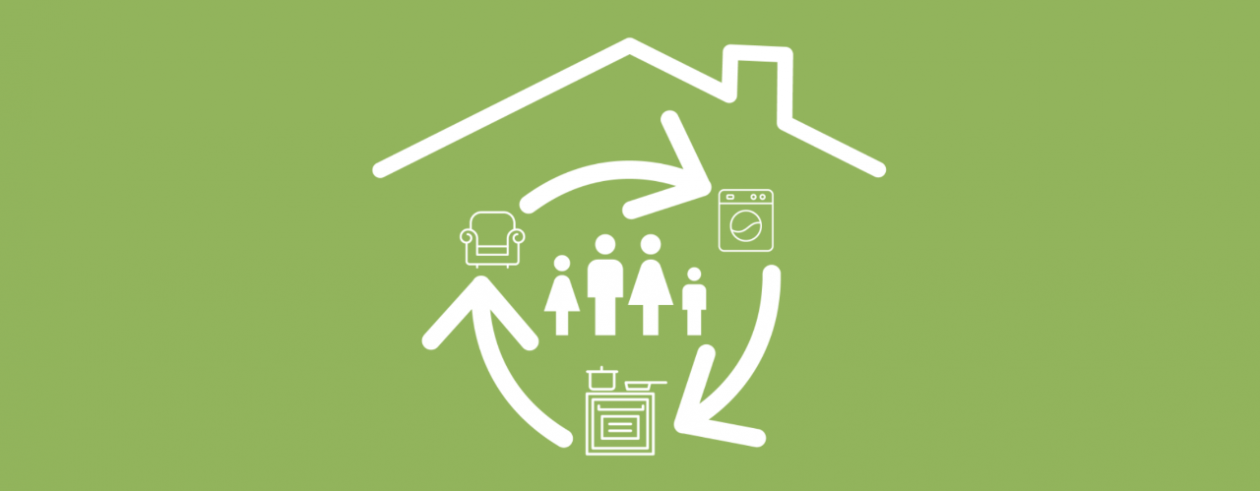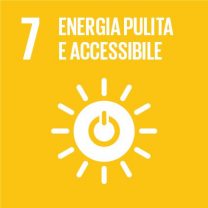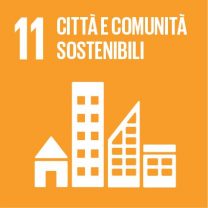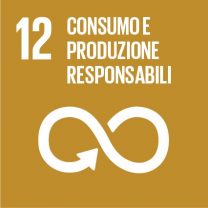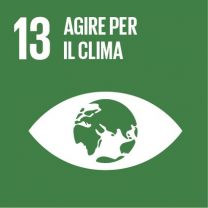Author
Sustainable development goals
Themes
- circular economy
- product as a service
- furniture
Tools
- user centred design
- online surveys
- online workshop
What does the promoted behavioral change consist of?
As part of the Circular Housing project, the enabling factors, barriers, levers and other key aspects are investigated to induce changes in end users’ behavior.
What are the main features of the tools designed/implemented to promote behavioral change and how have they been tested?
- online surveys to investigate habits, preferences, willingness to change and to inform about the relevant aspects of the new proposed model. The first (Break the ice) survey, sent to a large sample (about 400), collects general information on the level of awareness of the environmental impact of personal choices and the propensity to change behavior; the second (Deep down) survey, sent to a small sample (30) to which describes the characteristics of the rental service, deeps the aspects already investigated and collects opinions, preferences and evaluations about the proposed options. At the end of the project, the Evaluation Survey verifies the variation in perceptions detected at the beginning of the project.
- online workshop to simulate and validate the model and evaluate possible changes. The workshop engages the participants (20) in simulating the personalization of the service offer, by selecting household appliances and furniture packages and the assistance option, in order to validate the cost sustainability. The activities are carried out using a collaborative platform and they are structured into a group session, with a role play, and an individual activity.
What results have been achieved? What are the potentials and obstacles?
The engagement process contributed to the definition of the service model – providing the indications collected through the surveys, useful for designing an attractive service capable of responding to the needs of potential users – and its final development – consequent to the results of the simulation and validation of the service created during the workshop with the participation of a sample of potential users. In general, the participants in the engagement process appreciated the rental service, evaluating the cost as competitive and giving suggestions for improvements; along the way, there was a growing awareness of the environmental effects deriving by individual choices on the house organization and an improved desire to activate a change towards more sustainable behaviors.
As a result of the spread of the new service model designed, environmental results are expected in terms of energy and material reduction used for the production, distribution and end-of-life management of furniture and household appliances and waste reduction.
[last update: 13/10/2020]
Research team at PoliMi
Davide Chiaroni, Alessio Nasca – DIG
Carlo Proserpio, Valentina Castellani – DESIGN
Mario Motta, Annalidia Pansini – DENG
Silvia Pezzoli, Roberta Falsina – Consorzio Poliedra
Download the project presentation

